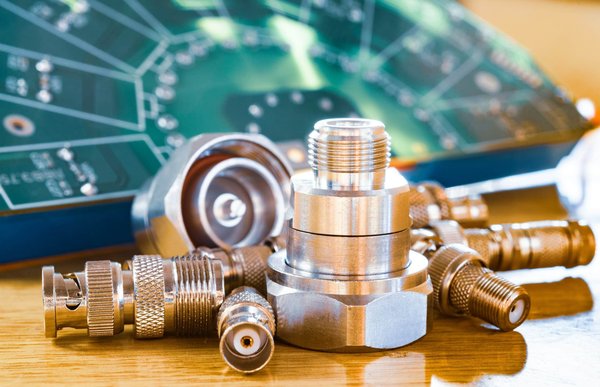
Where Powertrain Innovation Meets Reality
Explore the cutting-edge world of automotive and motorcycle powertrain technology. From electric drivetrains to hybrid systems, we deliver in-depth technical articles, breaking news, and expert analyses on the engines and systems that power modern vehicles.
Explore Powertrain Topics
Comprehensive coverage across all vehicle categories

Your Source for Powertrain Intelligence
We break down complex powertrain technologies into accessible, informative content. Whether you're an engineer, enthusiast, or curious reader, discover detailed analyses of the latest developments in automotive and motorcycle propulsion systems.
- Daily updates on powertrain technology breakthroughs
- Technical deep-dives into engine and transmission systems
- Safety analyses and regulatory compliance insights
- Comparative reviews of emerging propulsion technologies
Latest articles
Our recent publications

How do you check and replace the fluids in your car?
Maintaining the fluids in your car is crucial for the lifespan and performance of your vehicle. But how exactly do you go about checking and replacing them? Fear not. This guide wi...

What are the rules for using dash cams in UK vehicles?

What is the difference between third-party and comprehensive car insurance?

What are the benefits of upgrading to a lithium battery in a Ducati Diavel?

What are the effective methods to prevent rust in the exhaust system of a Norton Atlas?

What are the environmental benefits of switching to an electric motorcycle like the Zero SR/S?

Cómo calcular tu riesgo de ruina en Chicken Road con una aproximación sencilla

How to maintain your car's engine during cold UK winters?

Kako prepoznati fer kazino za igranje Sweet Bonanza: kontrolna lista

Mastering Road Rage: Effective Strategies for Handling Aggressive Driving on UK Roads

What are the guidelines for using electric scooters in the UK?

How can regular detailing extend the life of your British vehicle?

How can you customize the interior of your British car for better comfort?

How to choose a performance chip for boosting your UK car's efficiency?

How often should the brake pads be checked in a city commuter car?

What are the signs of suspension problems in a UK-based vehicle?
